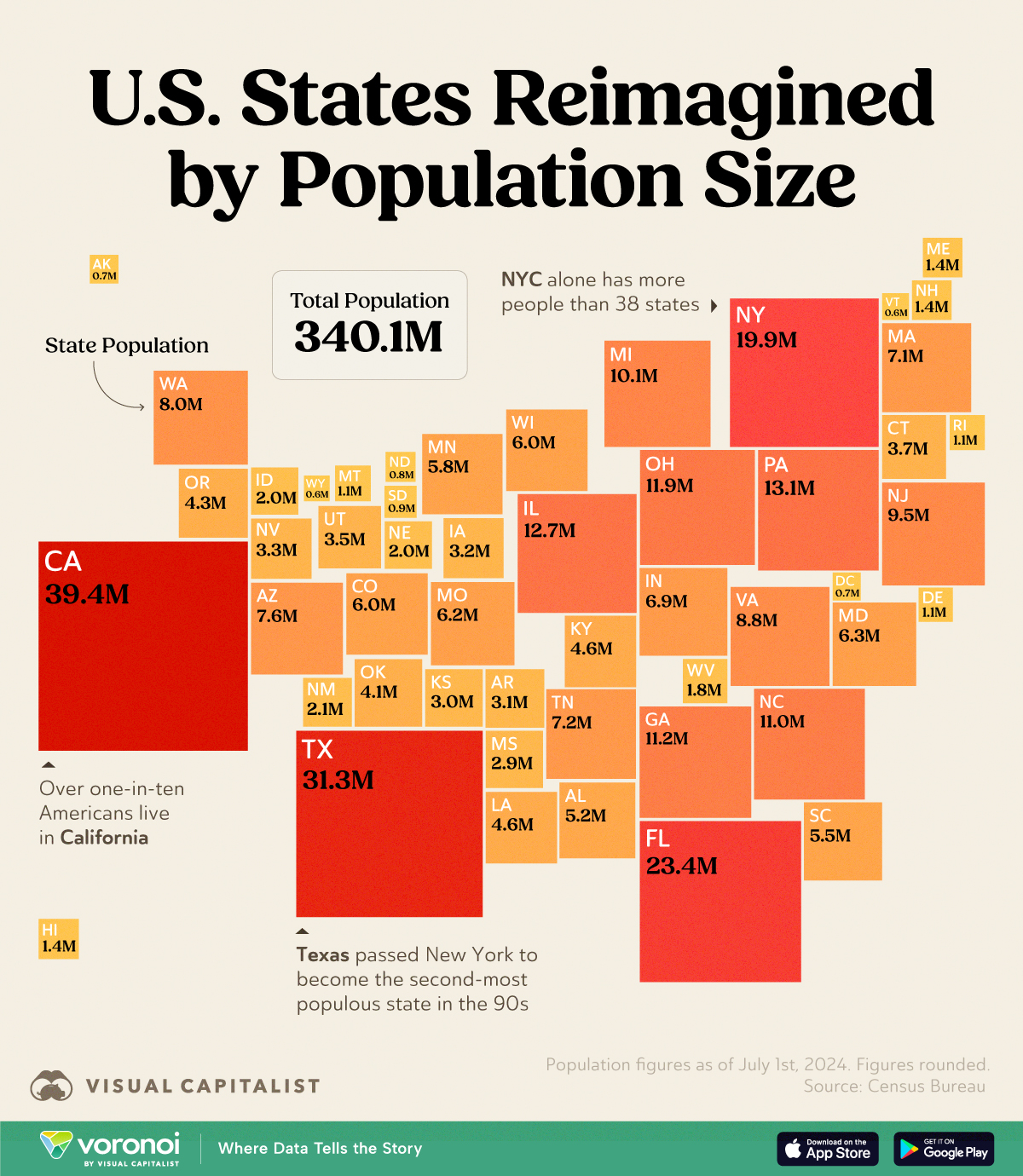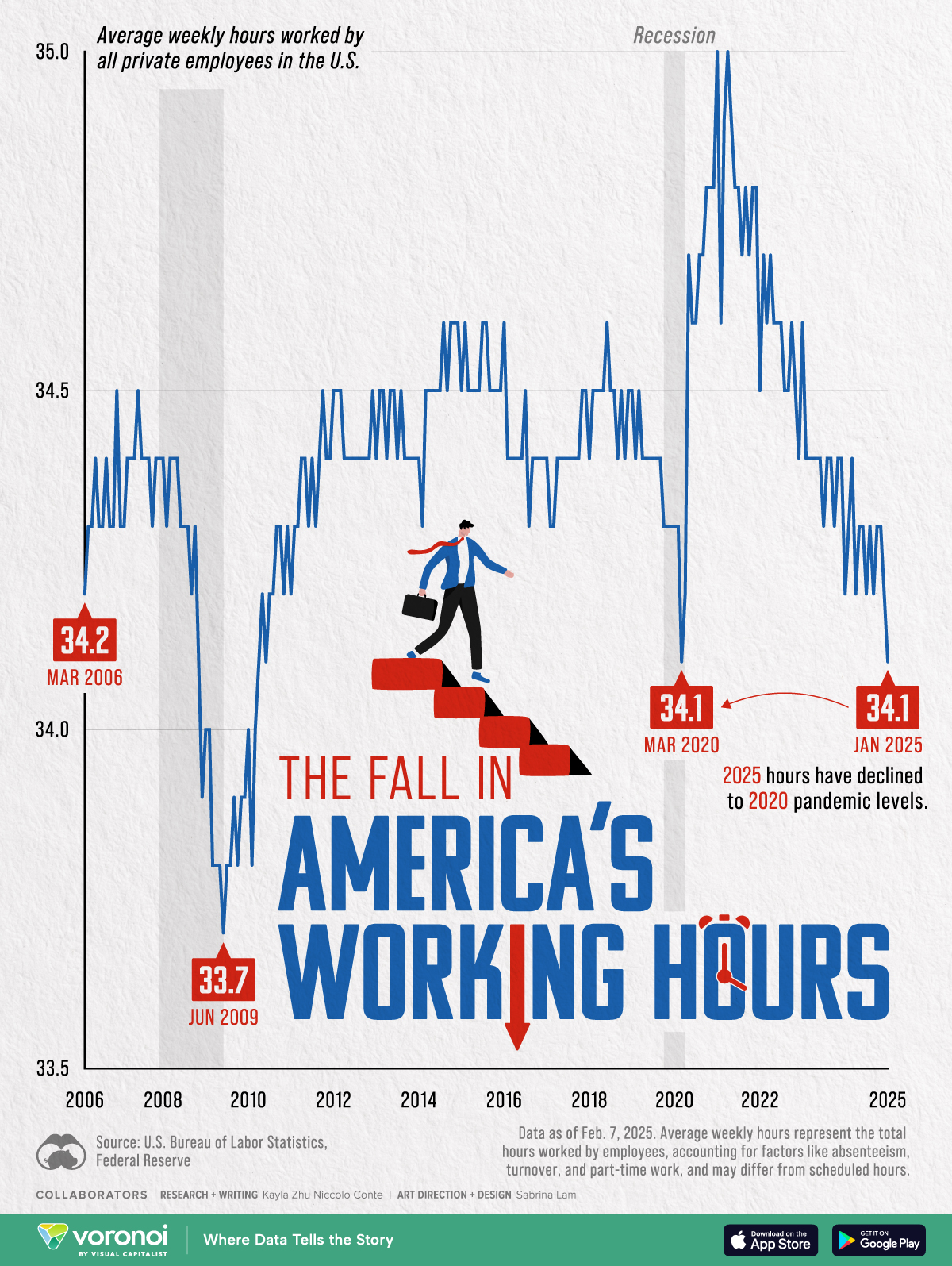Most commentary about taxes is NOT informed.
This is especially true amongst politicians and the media.
It's also a bit true for accountants: they tend to know the rules of how taxes are collected, but not they why and how of their set up and history.
Anyway, you probably can't get much better than this post at The Grumpy Economist (John Cochrane, now at the Hoover Institution, after many years at the University of Chicago, here's is Cochrane's Google Scholar page ... 50K cites is future Nobel Prize range for some).
Fair warning: Cochrane's politics are conservative, but I do not regard him as putting his politics before his economics. Oh, and he's a macroeconomist, which always helps when discussing macroeconomics.
Anyway, the post is called "Tax Talk". Here's some summaries:
- No taxes on tips: little effect on the federal budget, there are lots of better ways to help workers, but it was a campaign promise.
- No taxes on social security: cute, but this really isn't addressing the big problems with this system.
- No taxes on overtime: really bad, overtime pay exists for the wrong reasons already, and this will just make them worse.
- Renewing the tax cuts passed in 2017: these had sunset provisions, and expire soon. In general, this was the most successful tax reform since the mid-80s, and should be a no-brainer (no matter which party is in charge).
- Adjusting the SALT cap: (SALT is the federal tax reduction for people in high tax states), this is avoiding the main issue, people like SALT because it corrects for state governments that are inefficient or profligate, fix those problems instead (easier said than done).
- Closing the carried interest loophole: when I hear people I know talk about this one, I want to just say "Oh, shut up, already". This is a super complex issue that people want to boil down to "rich people, bad", and "finance, bad". They shouldn't. If you don't have a lot of experience viewing the world through option pricing, you shouldn't even be talking about this one.
- Tax cuts for "American products": WTF, for the most part we don't tax products ... so anyone interested in this one ought to be asked to name the taxes on products they'd like to change.

